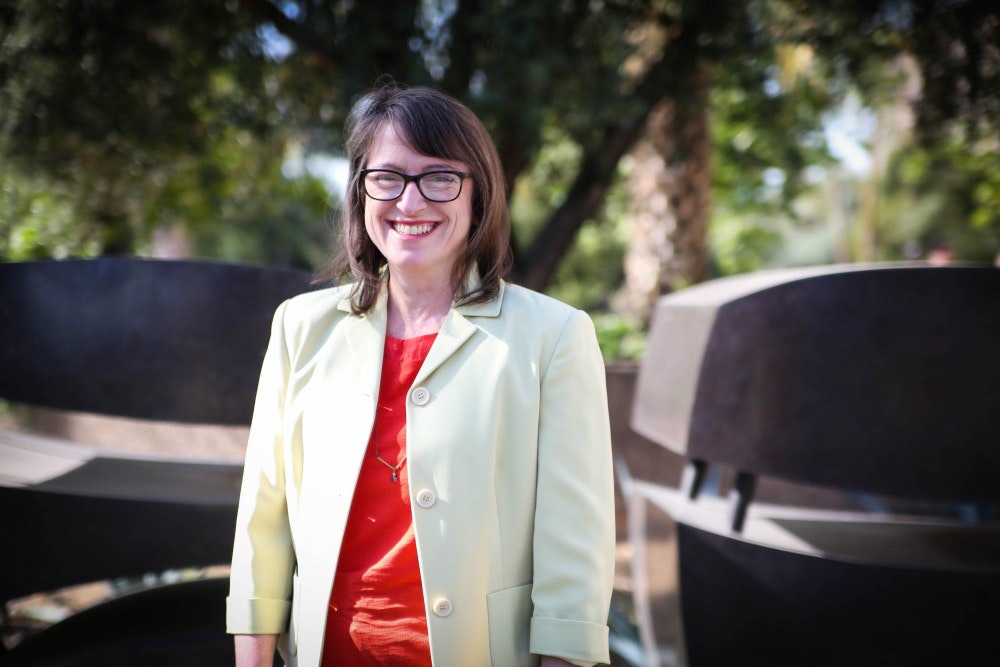Editor's Introduction
Abstract
Successful entrepreneurial endeavors are not the product of the lone individual working in isolation. Rather, enterprises are launched and grown by entrepreneurs who leverage partnerships, resources, and collaborations. Similarly, Artivate: A Journal of Entrepreneurship in the Arts is the product of the team effort of its authors, volunteer editors and editorial board members, part-time staff, and feedback from its readership. Recently, the editorial board and staff met (virtually) to discuss the journal, its focus, and its role in delineating arts entrepreneurship as a field and a discipline. In future issues, in addition to full-length articles, you are likely to see short pieces by our editorial board members conceptualizing arts entrepreneurship, its relationship to the arts and within individual arts disciplines, and to business research topics, including entrepreneurship studies. In every issue, we intend to continue to circumscribe the field of arts entrepreneurship in theory and in practice, and as it is increasingly taught in courses in colleges and universities across the US and elsewhere. We are pleased to include in this issue articles that touch on each of these: theory, pedagogy and curriculum, and practice. Arts entrepreneurial action occurs at a grand city-changing scale as described by Marisa Enhuber in Is Damien Hirst a Cultural Entrepreneur?. But arts entrepreneurship also happens in the lean DIY fashion described in Julia Griffey's reflective case study, Daily Blogging for a Year: A Lean Pathway to Launching a Web-based Business. Often, especially in higher education, arts entrepreneurship is viewed as the self-employment endeavors of individual artists, such as those surveyed by Dianne Welsh and her colleagues in Responding To The Needs and Challenges of Arts Entrepreneurs: An Exploratory Study of Arts Entrepreneurship in North Carolina Higher Education. Arts entrepreneurial enterprises are often launched in the social entrepreneurship sphere. This interconnection is highlighted in Mark Rabideau's review of Intrapreneurship and All That Jazz, a new book on social “intrapreneurship” from Greenleaf Press.





